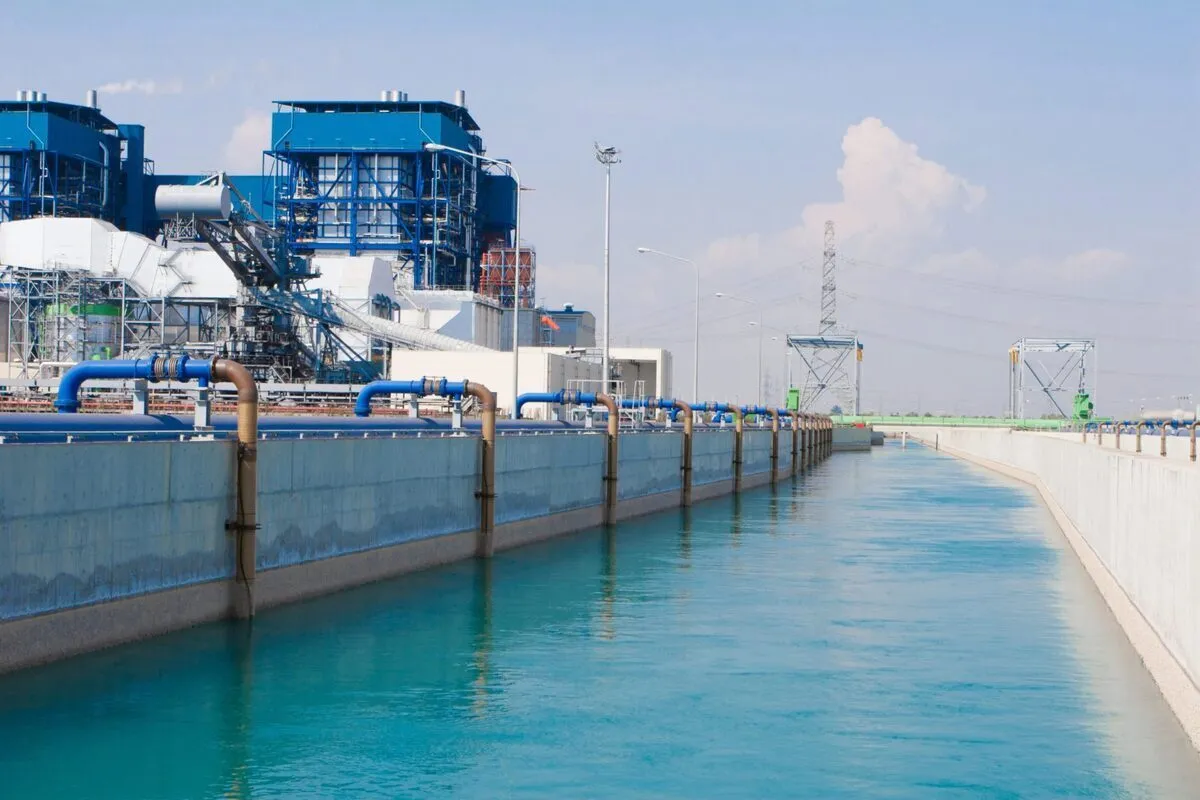Iranian Scientists Use Membrane Process to Treat Oily Wastewater

“One of the most important benefits and achievements of the results of this project is saving time, energy and consumables in testing different copolymers in membrane processes,” said Afshin Hamta, a PhD student of Amirkabir University of Technology (AUT) and the project’s manager.
“Prediction of properties of the copolymer from the respective homopolymers makes it possible to use the previously obtained data and predict the expected properties of the copolymer,” he added.
“Improvement and modification of the proposed method and the presented models, to develop its application and use in all kinds of polymers, will be the result of this project,” Hamta said.
He underlined that introducing a model with the lowest possible error for predicting the properties of copolymer solutions, investigating the molecular behavior of copolymer solutions, and making copolymer membranes to treat oily wastewater with 99% separation are among the features of this project.
“The result of the project can be used in water industry and treatment of oily wastewater,” Hamta said.
In a relevant development in June, scientists at Iran’s Amirkabir University of Technology had also succeeded in removing color from industrial wastewater by using two new technologies.
Amir Hossein Karimi, a researcher at Amirkabir University of Technology and the head of the project titled ‘Electrode Improvement to Investigate the Simultaneous Use of Capacitive Deionization and UV Oxidation Processes for Desalination and Brine Wastewater Treatment’, elaborated on the method, saying, “The results of this research can be used for the wastewater treatment of industries where salt and organic matter exist together.”
Noting that industries like textile, pharmaceutical, petrochemical and oil industries can benefit from the results of this project, he said, “Generally, wastewaters cannot be treated by biological methods that are used for urban wastewaters because they contain dyes, poisons and different salts; therefore, in this project, we used two advanced technologies called advanced oxidation and capacitive deionization in order to remove salt and color.”
“In this research, we tried to remove salt and color from a synthetic wastewater by using a combined method to have the most salt absorption and color removal. Then, we designed a laboratory system that can use advanced oxidation and capacitive deionization technologies concurrently,” Karimi said.
“At the end, we also performed desalination and color removal tests. In the optimal state, we were able to completely remove the effluent color after 90 minutes,” he concluded.
4155/v





















